MIT LIDS researchers have developed a new way of approaching complex problems such as coordinating complicated interactive systems, using simple diagrams as a tool to reveal better approaches to software optimization in deep learning models.
Get the latest international news and world events from around the world.
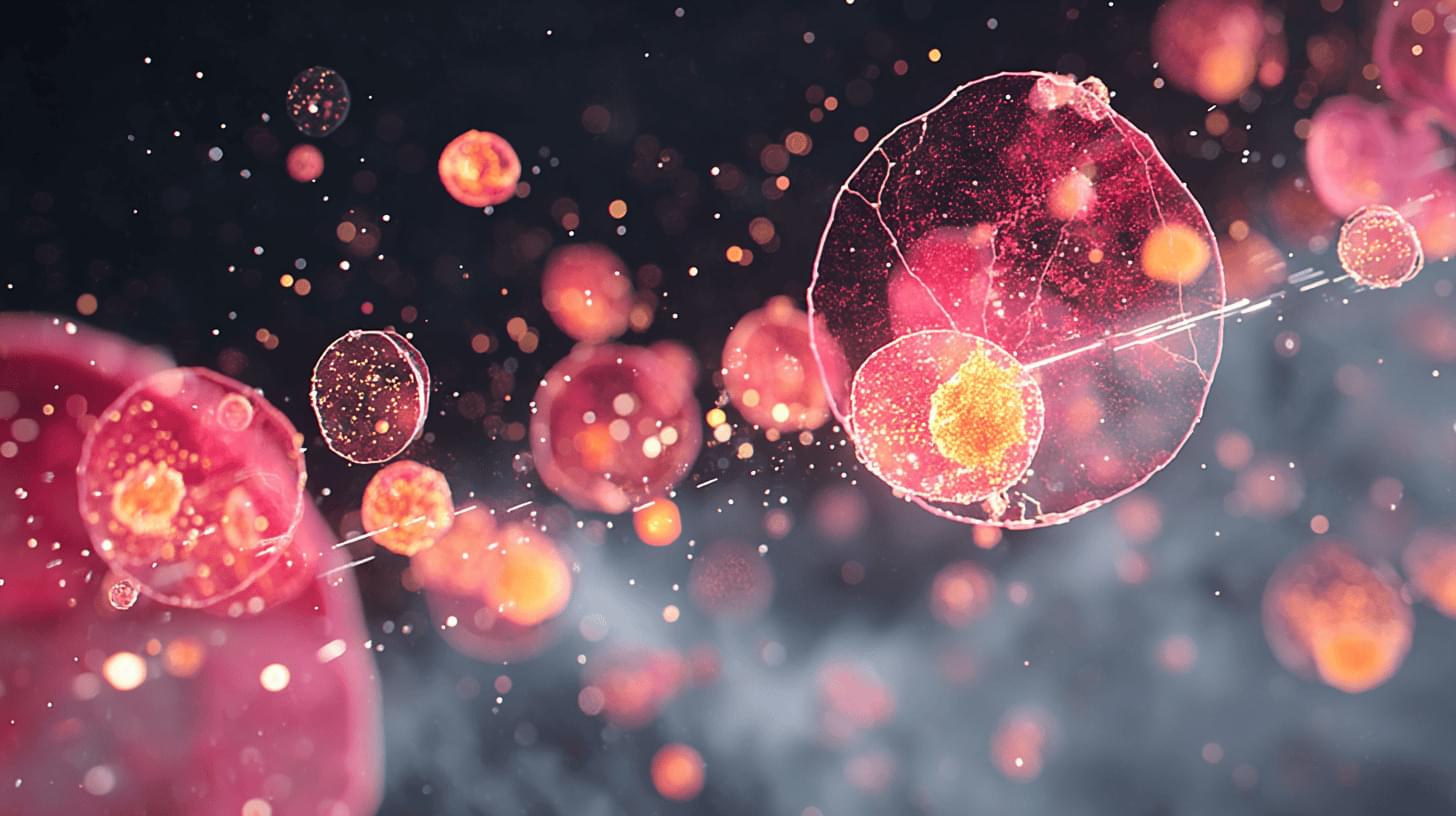
Dr. Mirza Rahman, MD, MPH — President, American College of Preventive Medicine
Dr. Mirza Rahman, MD, MPH serves as the President of the American College of Preventive Medicine ( ACPM — https://www.acpm.org/about-acpm/governance/executiv…
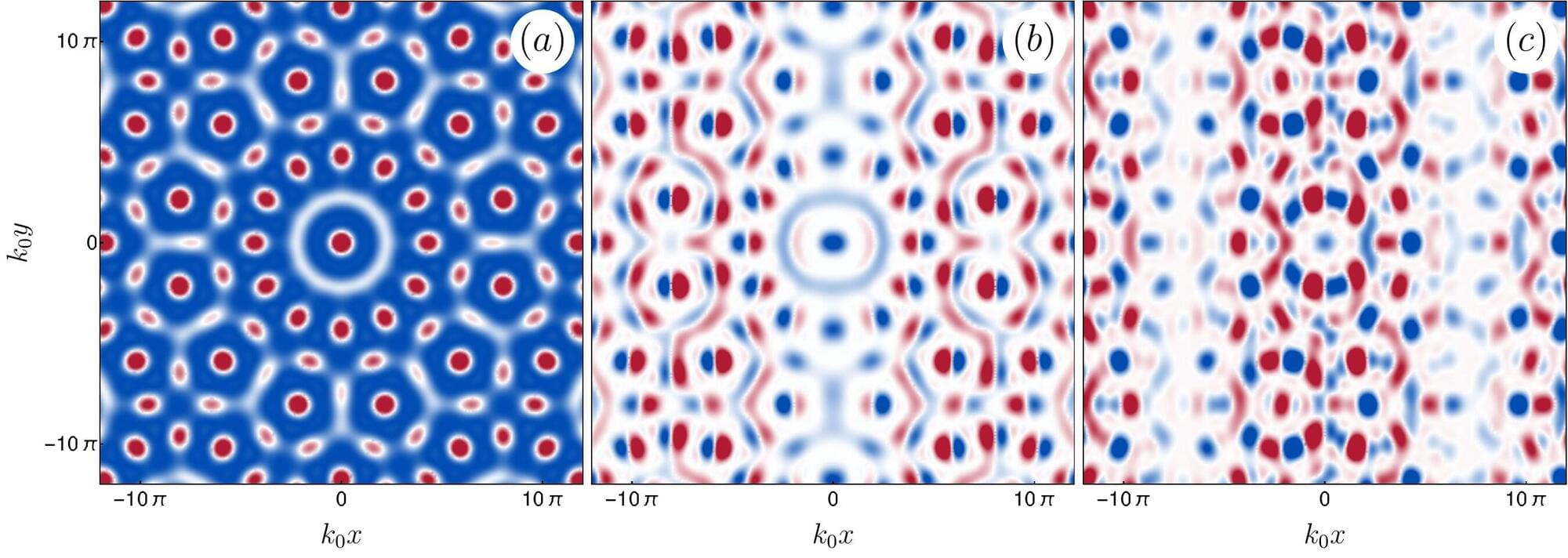
New physics theory to study low-energy excitations in quantum quasicrystals
Quasicrystals, exotic states of matter characterized by an ordered structure with non-repeating spatial patterns, have been the focus of numerous recent physics studies due to their unique organization and resulting symmetries. Among the quasicrystals that have sparked significant interest among the physics community are so-called quantum quasicrystals, which are comprised of bosons (i.e., subatomic particles that have spin in integer values, such as 0, 1, 2, and so on, and can occupy the same quantum state simultaneously).
Researchers at the Max Planck Institute for the Physics of Complex Systems (MPIPKS) recently introduced a new theoretical framework that describes low-energy excitations in bosonic quantum quasicrystals. Their newly devised theory, outlined in a paper published in Physical Review Letters, is an extension of conventional theories of elasticity, which also accounts for the unique symmetries of quantum quasicrystals.
“This paper is part of an ongoing collaboration with two colleagues, Prof. Francesco Piazza and Dr. Mariano Bonifacio, which began in 2022 when I was a guest scientist at MPIPKS in Dresden, Germany,” Alejandro Mendoza-Coto, first author of the paper, told Phys.org.

Children born before 34 weeks show lasting cognitive lag behind peers
Karolinska Institutet researchers report that children born before 34 weeks of gestation show persistent deficits in cognitive abilities at ages 9 to 10. Impairments appear independent of socioeconomic status, genetic predisposition, and prenatal or child-specific risk factors. Lower scores were observed in vocabulary, working memory, episodic memory, and recall tasks. Children born late preterm (34–36 weeks) or early term (37–38 weeks) performed comparably to those born full term.
Preterm birth affects approximately 13 million infants worldwide each year and remains a leading cause of childhood morbidity and mortality. Although advances in perinatal care have increased survival, cognitive deficits in these children continue to present major public health concerns.
Critical brain development processes that occur between 24 and 40 weeks of gestation may be disrupted by premature birth. Prior research has mostly focused on extremely or very preterm infants, often overlooking those born moderately or late preterm, who constitute a large portion of preterm births.
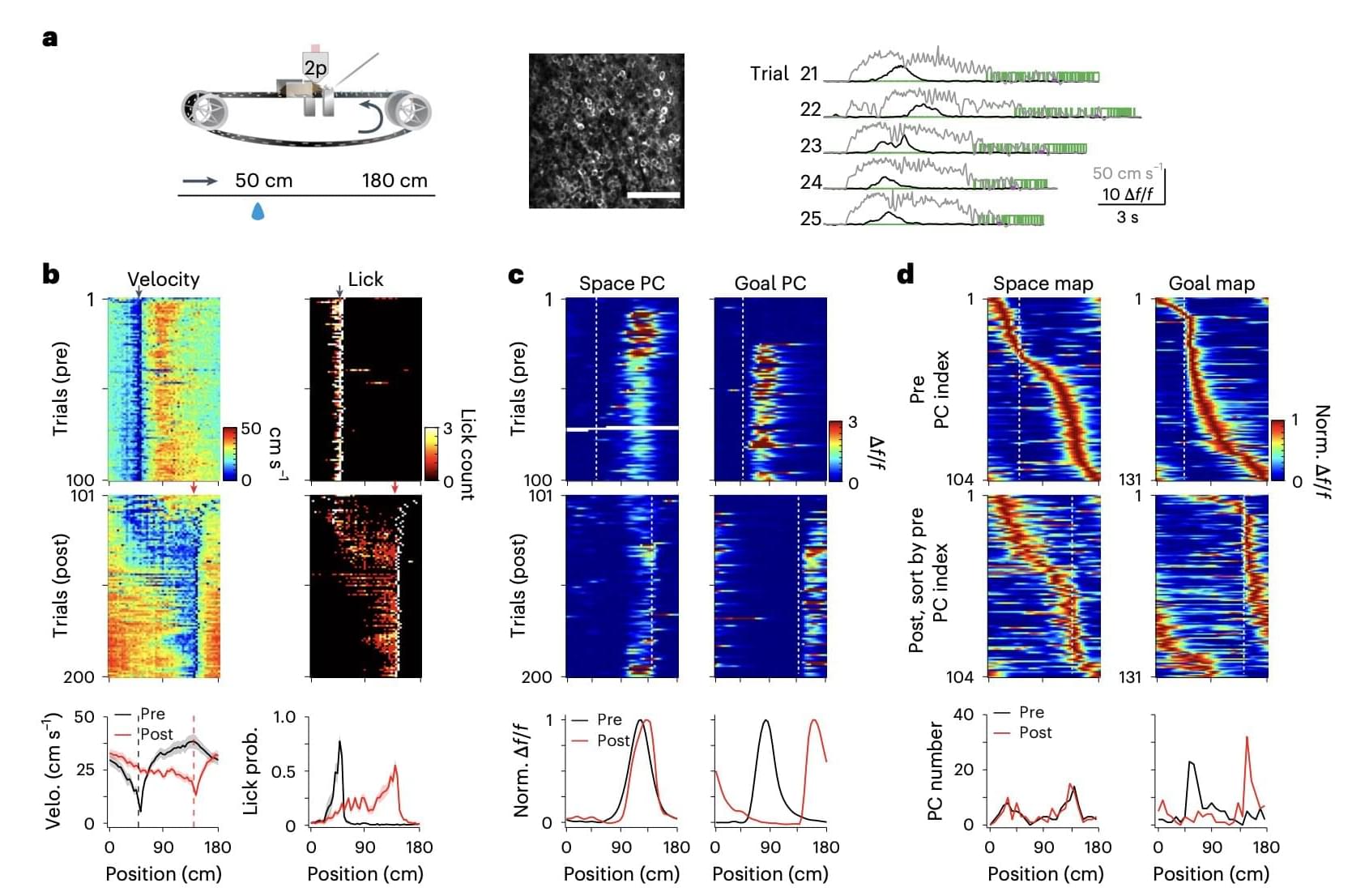
How experience shapes hippocampal place cell activity to create flexible cognitive maps
The mammalian brain is known to produce mental representations of the spatial environment, known as cognitive maps, that help humans and animals navigate their surroundings. A subpopulation of neurons in the CA1 area of the hippocampus, which are referred to as place cells (PCs), have been found to become active when animals visit specific places or locations in their environment.
The activation of these cells was previously linked to the encoding of space-and goal-related information, which was predicted to support the creation of cognitive maps. While numerous past studies explored the function of PCs and their contribution to the creation of cognitive maps, the role of experience in shaping the creation of these maps has not yet been elucidated.
Researchers at Baylor College of Medicine recently shed new light on the mechanisms through which experience could influence the encoding of information by PCs. Their findings, published in Nature Neuroscience, suggest that experiences produce an adjustment of synaptic input in the mouse brain, which in turn affects the activity of PCs, enabling the production of flexible cognitive maps.
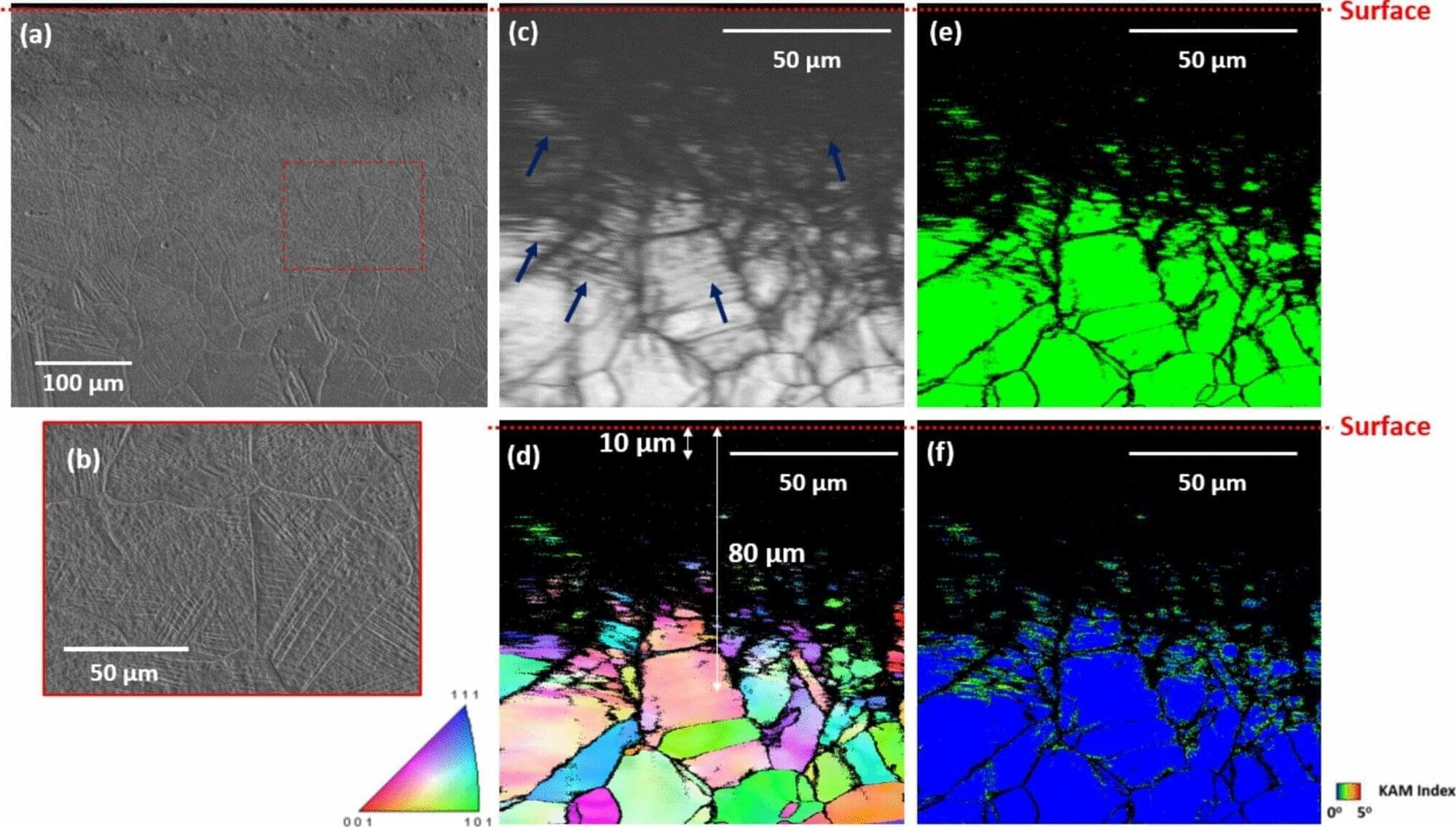
Ultrasonic nanocrystal surface modification restores stainless steel’s corrosion resistance
Found in everything from kitchen appliances to sustainable energy infrastructure, stainless steels are used extensively due to their excellent corrosion (rusting) resistance. They’re an important material in many industries, including manufacturing, transportation, oil and gas, nuclear power and chemical processing.
However, stainless steels can undergo a process called sensitization when subjected to a certain range of high temperatures—like during welding—and this substantially deteriorates their corrosion resistance. Left unchecked, corrosion can lead to cracking and structural failure.
“This is a major problem for stainless steels,” says Kumar Sridharan, a professor of nuclear engineering and engineering physics and materials science and engineering at the University of Wisconsin–Madison. “When stainless steel gets corroded, components need to be replaced or remediated. This is an expensive process and causes extended downtime in industry.”
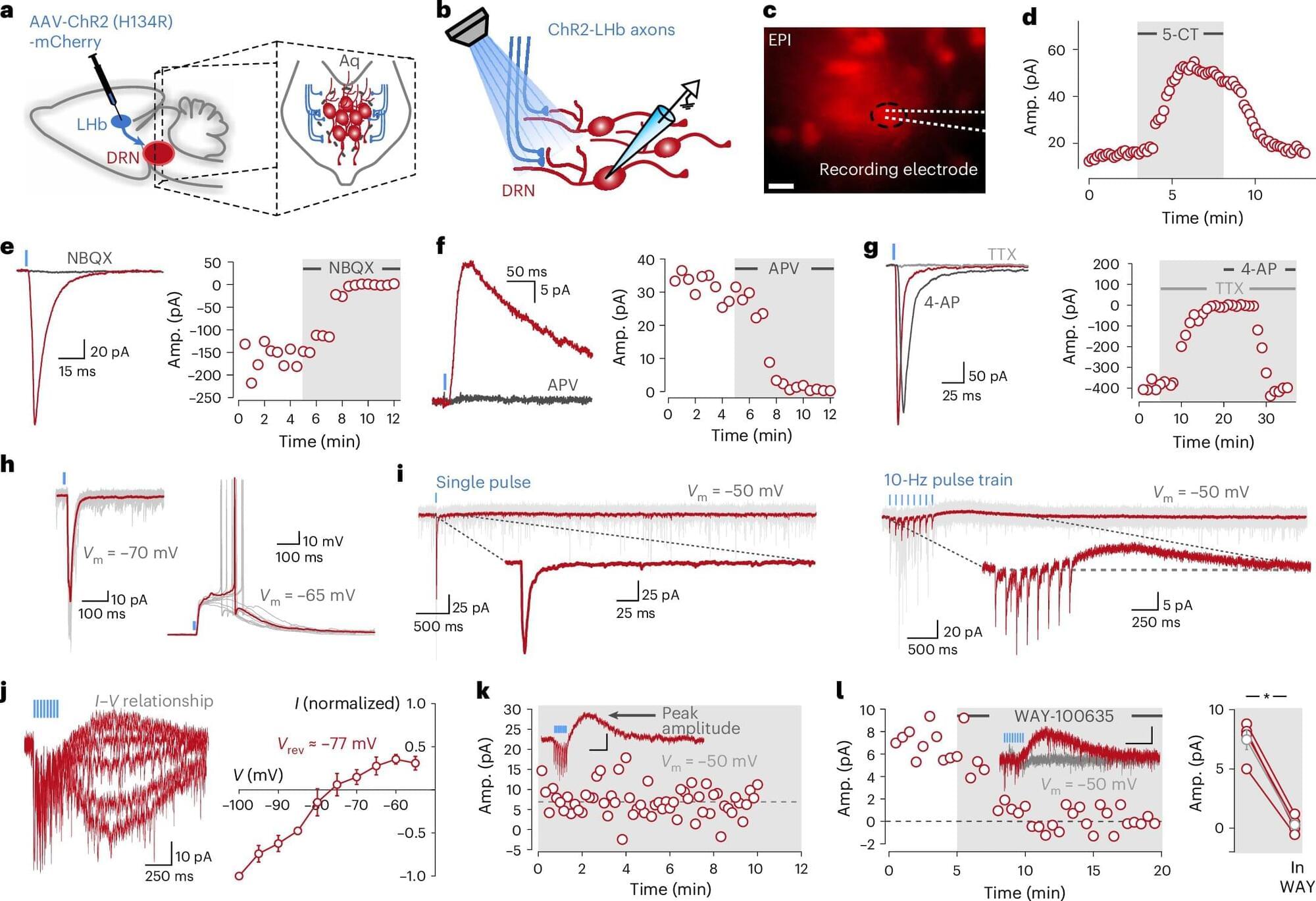
Serotonin system’s hidden complexity may reshape understanding of day-to-day decision making
Our lives are filled with binary decisions—choices between one of two alternatives. But what’s really happening inside our brains when we engage in this kind of decision making?
A University of Ottawa Faculty of Medicine-led study published in Nature Neuroscience sheds new light on these big questions, illuminating a general principle of neural processing in a mysterious region of the midbrain that is the very origin of our central serotonin (5-HT) system, a key part of the nervous system involved in a remarkable range of cognitive and behavioral functions.
“The current dominating model is that individual 5-HT neurons are acting independently from one another. While it had previously been suggested that 5-HT neurons may rather be connected with one another, it had not been directly demonstrated. That is what we did here. We also identify an intriguing processing role—or a computation—that is supported by this particular type of connectivity between 5-HT neurons,” says Dr. Jean-Claude Béïque, full professor in the Faculty’s Department of Cellular and Molecular Medicine and co-director of the uOttawa Brain and Mind Research Institute’s Centre for Neural Dynamics and Artificial Intelligence.

Rare lung immune cells act as peacekeepers against deadly COVID-19 inflammation
A rare cell type in the lungs is essential to survival from the COVID-19 virus, a new study shows.
Experiments in mice infected with the SARS-CoV-2 virus revealed that the immune cell class in question, called nerve and airway-associated interstitial macrophages, or NAMs, may keep the human immune system’s initial counterattack on the virus (lung inflammation) from spiraling out of control to endanger patients.
Macrophages are known to be the first responders to infection, as large immune cells capable of devouring invading viruses and the cells they infect.
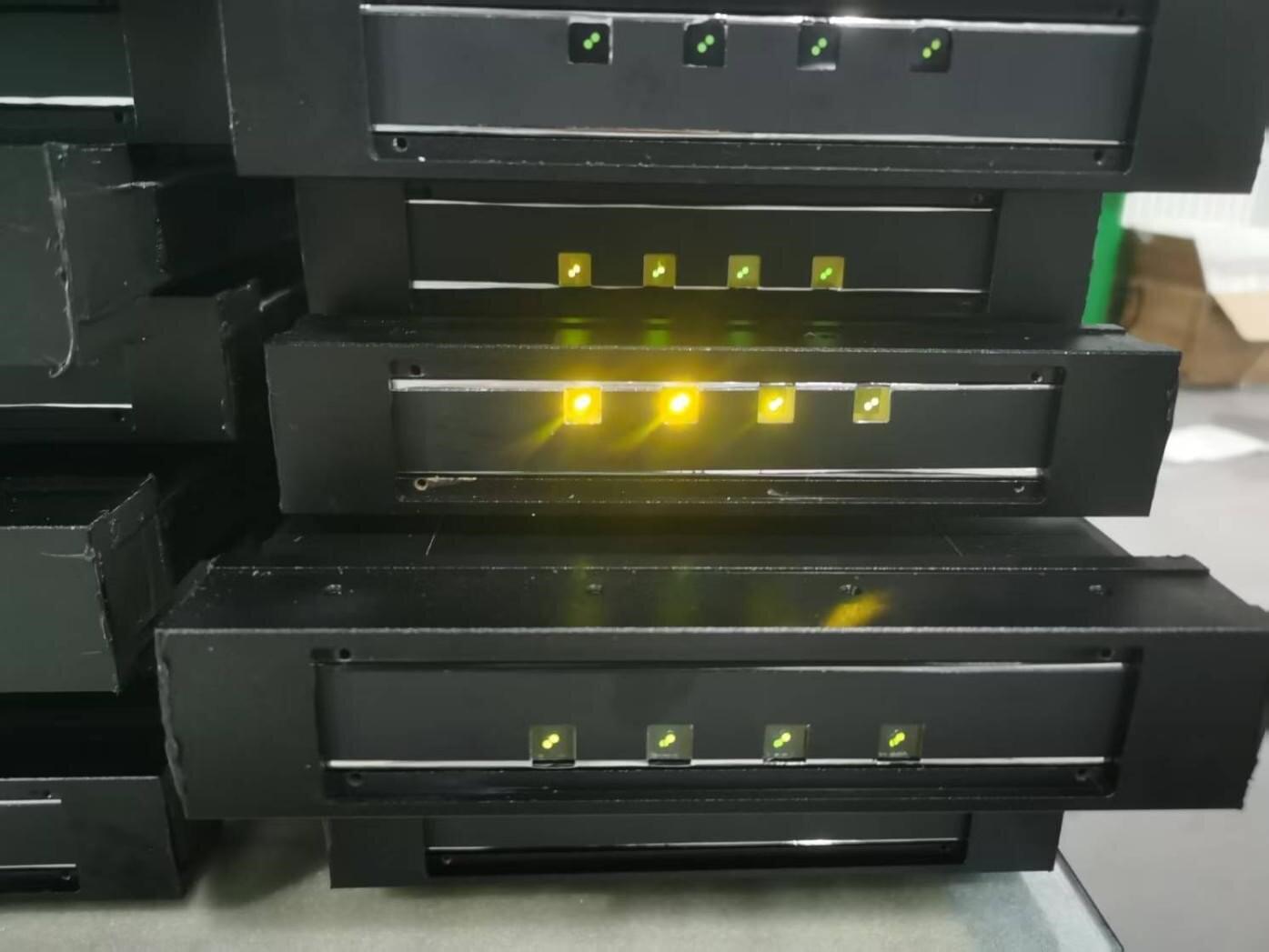
Observatory develops high-efficiency muon detection system with novel plastic scintillator design
Researchers from Sun Yat-sen University (SYSU) and the Institute of High Energy Physics (IHEP) have developed a novel top veto tracker system for the Taishan Antineutrino Observatory (TAO) experiment.
This system features a top veto tracker system with remarkable characteristics such as high light yield, distinct signal-background differentiation and high detection efficiency even at high thresholds, and provides the TAO experiment with a robust capability to suppress cosmic muon induced fast neutron and radioisotope events, which are significant correlated backgrounds for the neutrino signal. This scalable solution establishes a transferable technique for next-generation neutrino detectors requiring muon identification efficiency 99.5% across multi-ton volumes.
The findings are published in the journal Nuclear Science and Techniques.